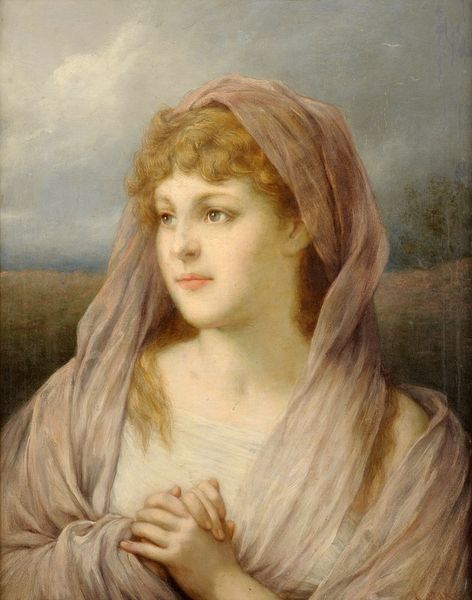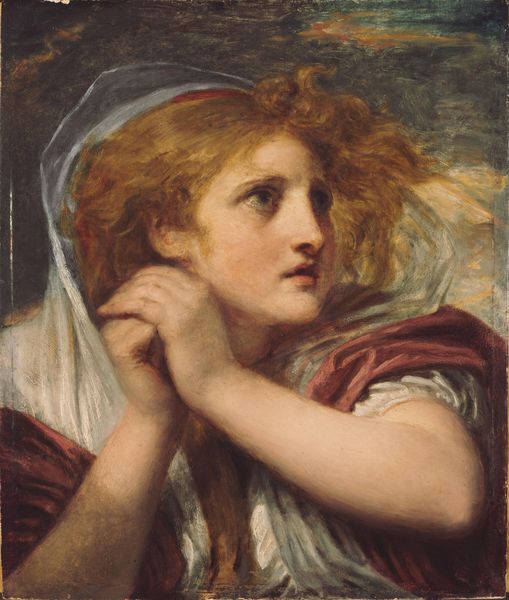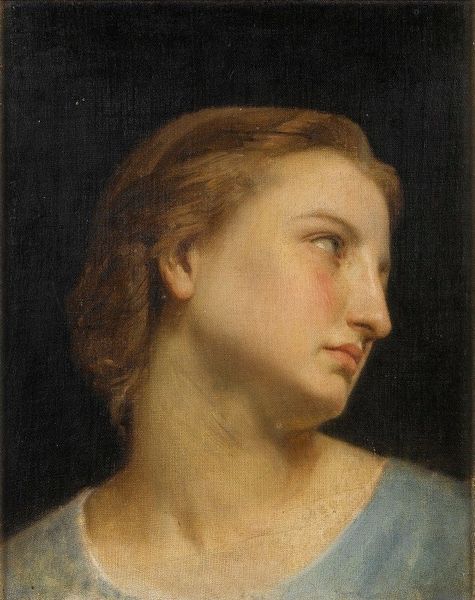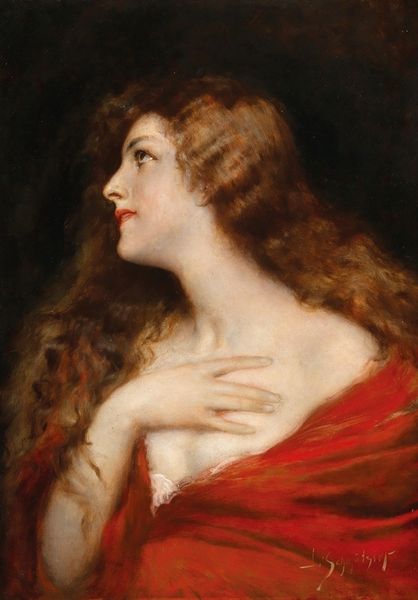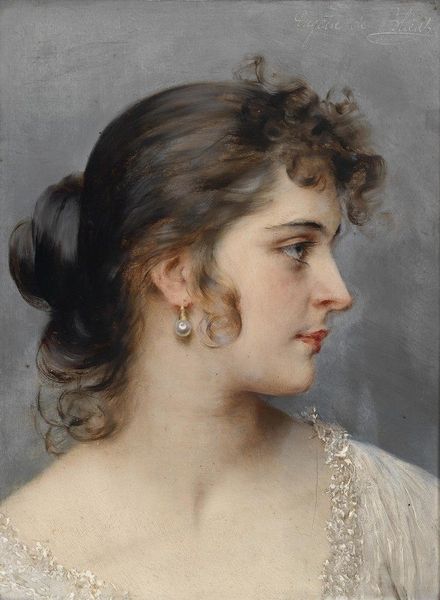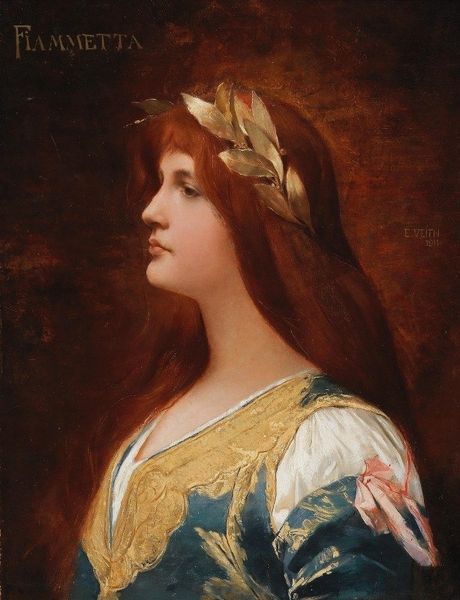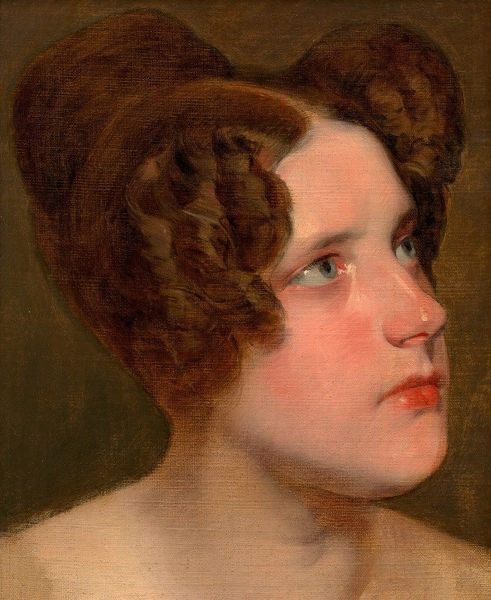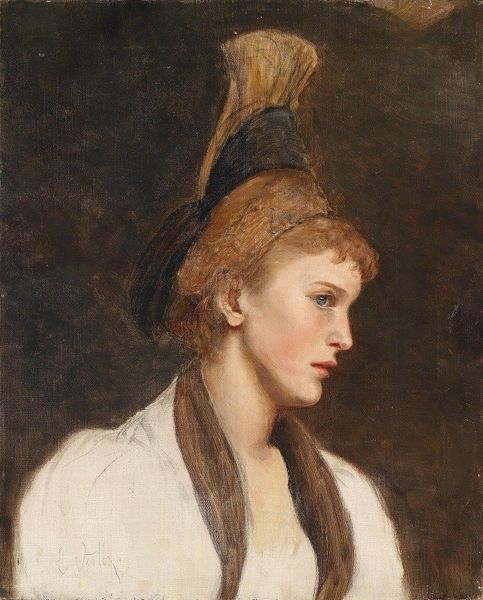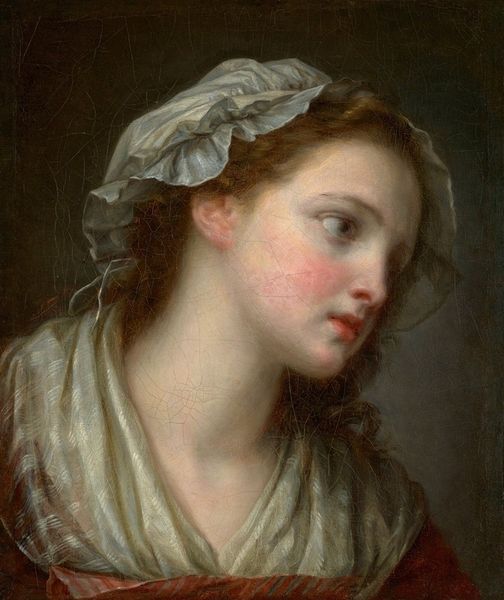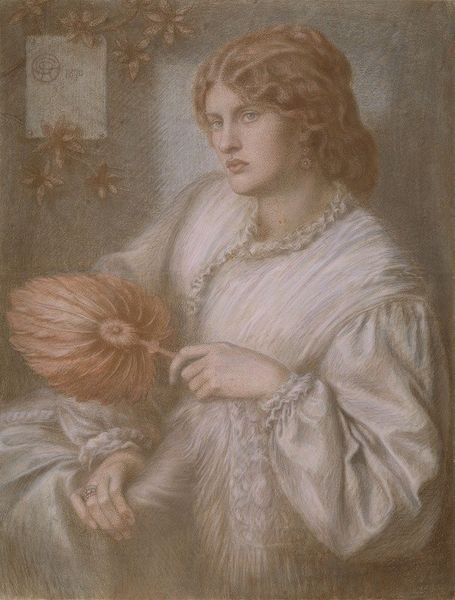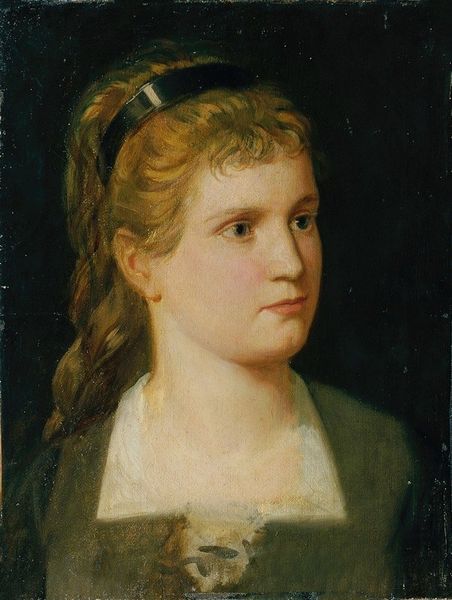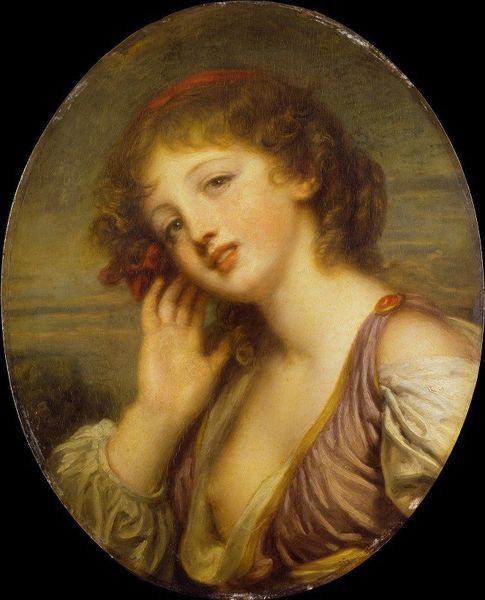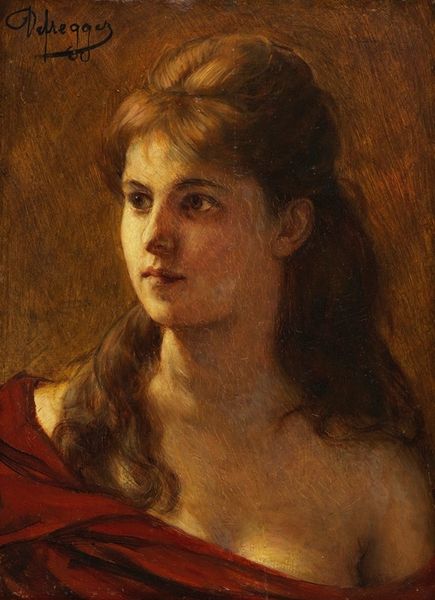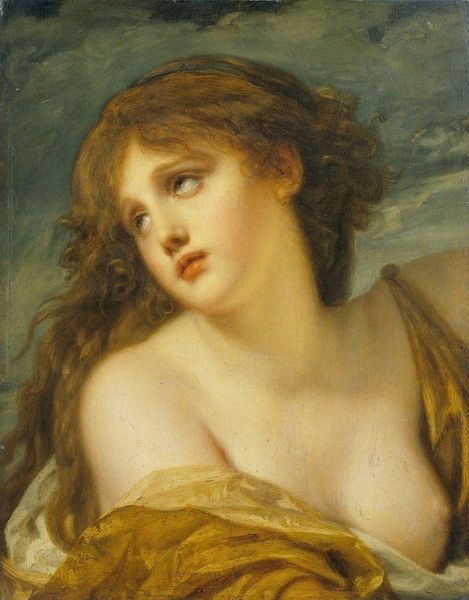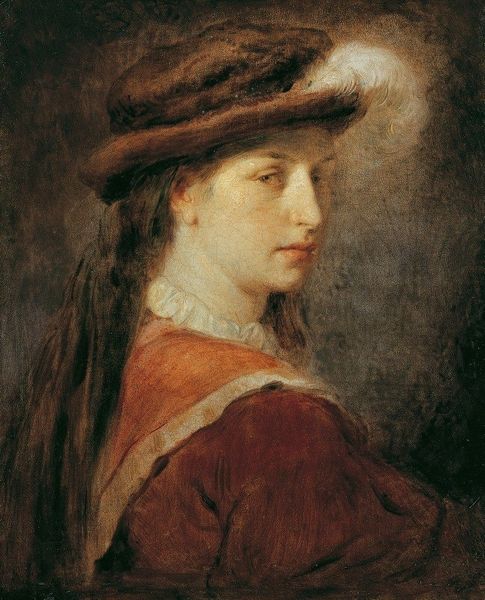
painting, oil-paint
#
portrait
#
figurative
#
baroque
#
painting
#
oil-paint
#
figuration
#
history-painting
#
portrait art
Copyright: Public Domain: Artvee
Peter Paul Rubens painted Agrippina and Germanicus in oil. The image presents two figures from the Roman imperial family, a pairing that carries a lot of cultural weight. Made in Antwerp, in the 17th century, the painting speaks to the enduring fascination with classical antiquity, particularly in the context of European monarchies seeking to legitimize their own power through historical associations. The choice of Agrippina and Germanicus is not accidental; they represent virtues of leadership, lineage, and imperial ambition. The visual language of the painting, with its idealized forms and serene composition, reinforces the idea of noble character and dynastic continuity. For the historian, understanding the social and institutional context in which Rubens operated is crucial. Court patronage, artistic academies, and the market for art played a significant role in shaping the production and reception of works like this. Investigating these elements through archival research allows us to appreciate the complex interplay between artistic expression and the forces of power.
Comments
No comments
Be the first to comment and join the conversation on the ultimate creative platform.
